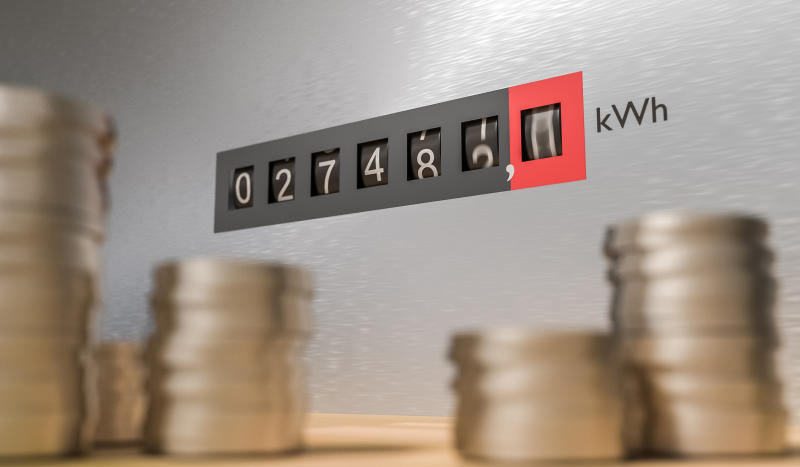×
The Standard e-Paper
Join Thousands Daily

A marginal decline in costs associated with thermal power producers has been eroded by a rise in charges aimed at cushioning power industry players from the high cost of buying equipment.
The fuel cost component of the monthly power bill has been reduced to Sh4.60 per unit for power to be consumed in July compared to Sh4.75 in June.